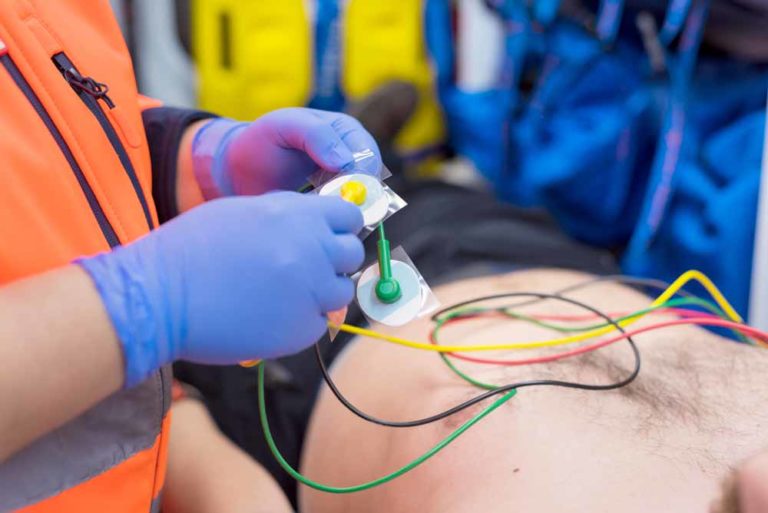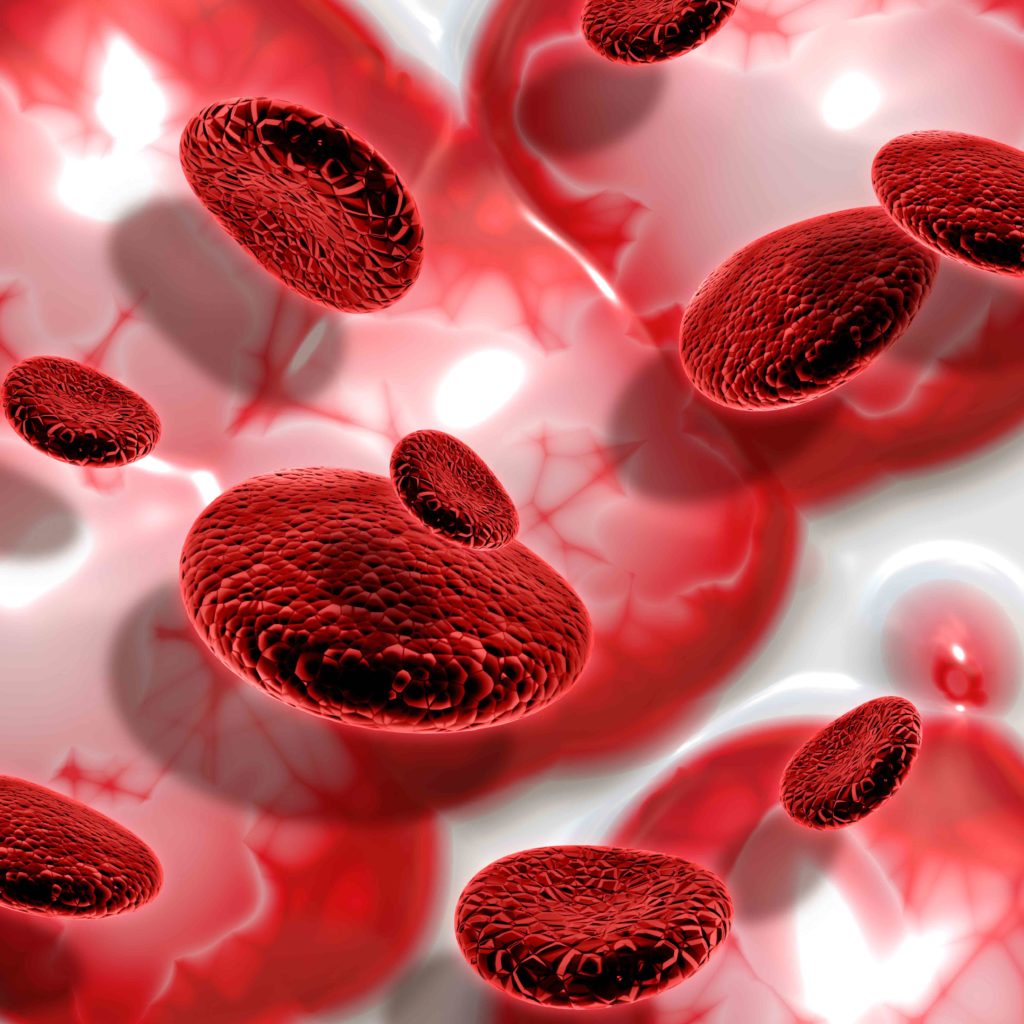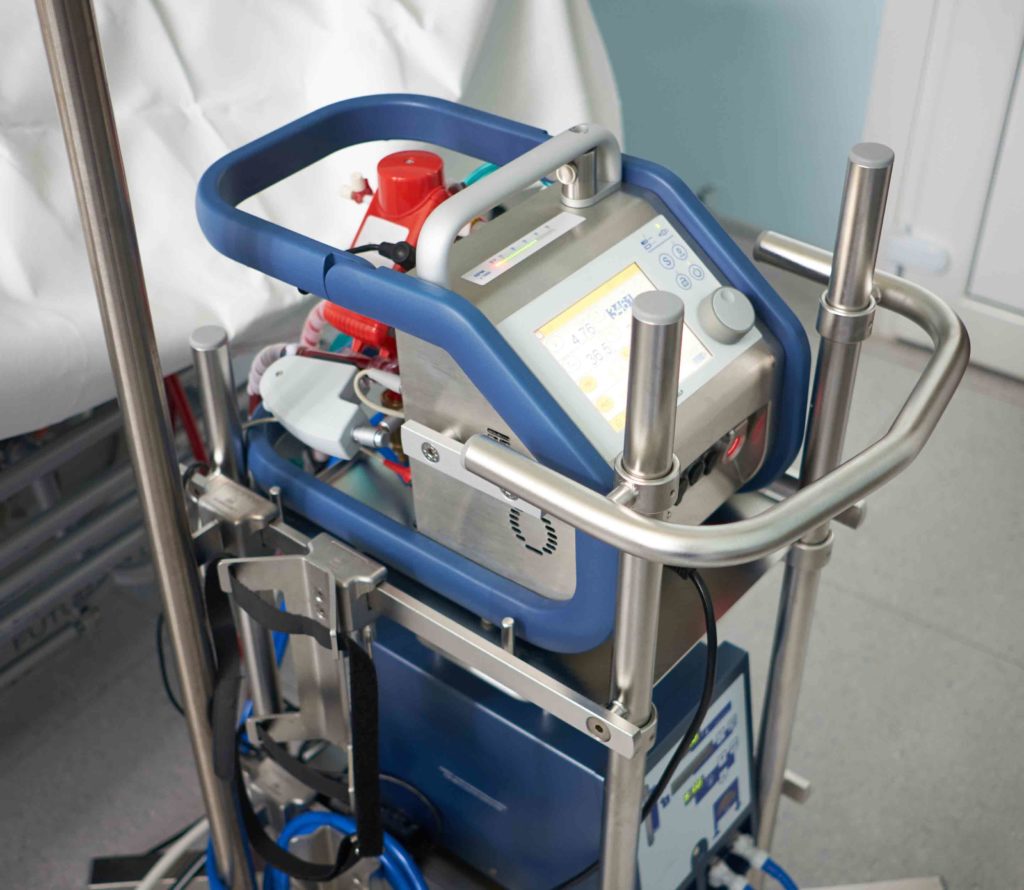Killip Classification for Heart Failure

Killip Classification for Heart Failure could be used in patients with confirmed acute coronary syndrome in both STEMI and NSTEMI for mortality prediction.
Can be used as part of the full clinical picture to help decide among treatment options, including reperfusion therapy and intra-aortic balloon pump placement. Predicts mortality in ACS and is validated for both STEMI and NSTEMI.
Killip Classification for Heart Failure
No signs of congestion
S3 and basal rales on auscultation
Acute Pulmonary oedema
Cardiogenic shock
| Class | 30-day mortality* | In-hospital mortality** (historical interest only) |
|---|---|---|
| 0 | 0 | 0 |
Killip classification:
| Class I | No signs of congestion |
| Class II | S3 and basal rales on auscultation |
| Class III | Acute pulmonary oedema |
| Class IV | Cardiogenic shock |
Interpretation:
| Class | 30-day mortality* | In-hospital mortality** (historical interest only) |
| I | 2-3% | <6% |
| II | 5-12% | <17% |
| III | 10-20% | 38% |
| IV | 10-20% | 81% |
*From Khot 2003, which combined class III/IV owing to relatively smaller number of patients in class IV (0.3% of patients).
**From Killip 1967. Killip classification developed in the 1960s, before reperfusion therapy (thrombolytics, PCI); has been shown across several studies since then to still be predictive of mortality. However, mortality rates have declined significantly since the original study.
About the creator
Thomas Killip III, MD, is a professor of medicine and cardiology at Mount Sinai Beth Israel Hospital in New York City. He has published dozens of studies in cardiology since the 1960s. Dr. Killip is best known for the heart failure classification system that bears his name. To view Dr. Thomas Killip III’s publications, visit PubMed
Register on our website right now to have access to more learning materials!
References:
- Thomas Killip III, John T. Kimball Treatment of myocardial infarction in a coronary care unit. Two year experience with 250 patients. Symposium on coronary care unit. 1967, Vol.20(4):P457-464. DOI: https://doi.org/10.1016/0002-9149(67)90023-9
- Khot UN, Jia G, Moliterno DJ, Lincoff AM, Khot MB, Harrington RA, Topol EJ. Prognostic importance of physical examination for heart failure in non-ST-elevation acute coronary syndromes: the enduring value of Killip classification. JAMA. 2003 Oct 22;290(16):2174-81. doi: 10.1001/jama.290.16.2174. PMID: 14570953. https://pubmed.ncbi.nlm.nih.gov/14570953/
- DeGeare VS, Boura JA, Grines LL, O’Neill WW, Grines CL. Predictive value of the Killip classification in patients undergoing primary percutaneous coronary intervention for acute myocardial infarction. Am J Cardiol. 2001 May 1;87(9):1035-8. doi: 10.1016/s0002-9149(01)01457-6. PMID: 11348598. https://pubmed.ncbi.nlm.nih.gov/11348598/
- Nesković AN, Otasević P, Bojić M, Popović AD. Association of Killip class on admission and left ventricular dilatation after myocardial infarction: a closer look into an old clinical classification. Am Heart J. 1999 Feb;137(2):361-7. doi: 10.1053/hj.1999.v137.89744. PMID: 9924172. https://pubmed.ncbi.nlm.nih.gov/9924172/
Emergency care of a patient with chest pain – Acute Coronary Syndrome with ST-segment elevation and equivalents /OSCE guide
Opening the consultationWash your hands and don PPE if appropriateIntroduce yourself to the patient including…
Interactive OSCE Checklist – Emergency care of a patient with chest pain – Acute Coronary Syndrome with ST-segment elevation and equivalents
Low electrocardiographic QRS voltage (LQRSV)
Low electrocardiographic QRS voltage (LQRSV) is also called a warning sign. The low-voltage electrocardiogram (ECG)…
Stephen Smith’s formula for Subtle Anterior STEMI online Calculator
Differentiates normal variant ST elevation (benign early repolarization) from anterior STEMI, more sensitive than 3-variable…
Mehran Score for Post-PCI Contrast Nephropathy
Predicts risk of contrast-induced nephropathy (CIN) after percutaneous coronary intervention (PCI). Mehran Scoreshould be used…
CRUSADE Score for Post-MI Bleeding Risk
CRUSADE Score for Post-MI Bleeding Risk Stratifies bleeding risk after NSTEMI. Currently, the CRUSADE bleeding…










